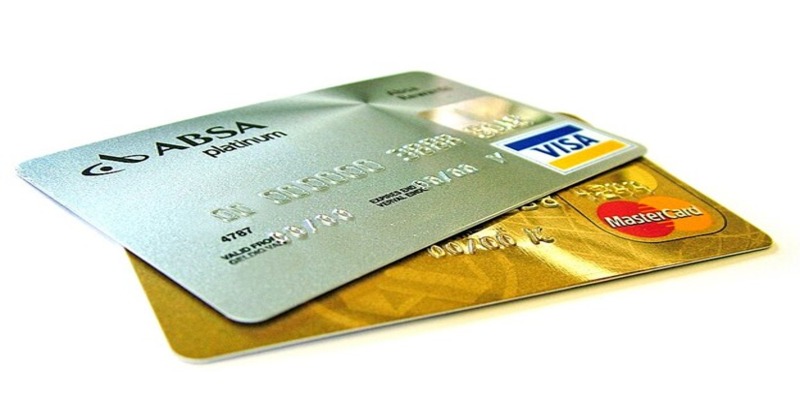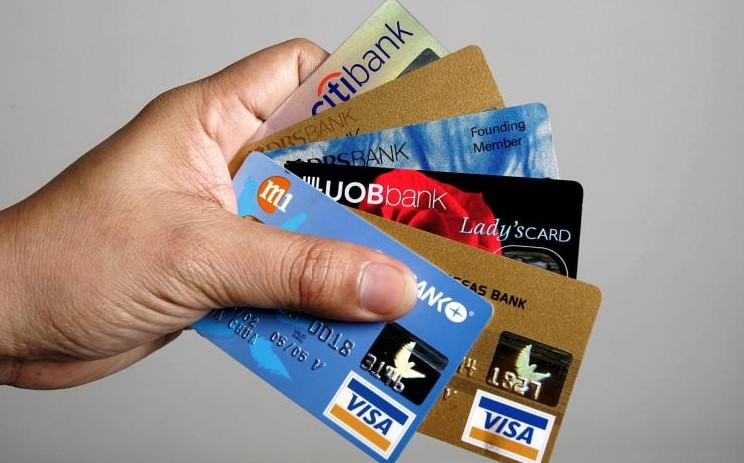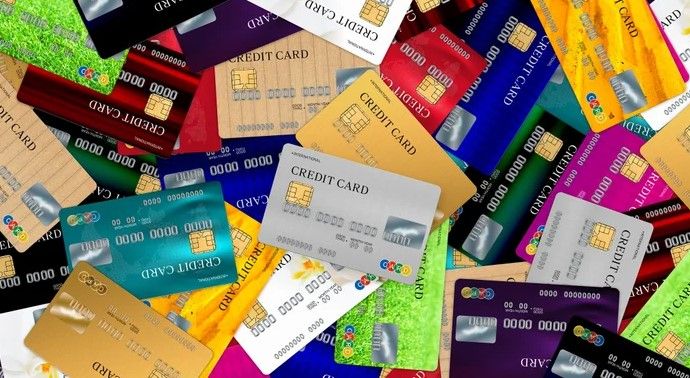A Practical Guide to Choosing the Right Credit Card for Your Needs
Choosing the right credit card can feel overwhelming, with so many options available. The good news is that by focusing on your spending habits and financial goals and understanding what each card offers, you can narrow down your choices and make a smart decision.

In this guide, we'll explain how to pick the best credit card for you. Whether you're looking for rewards, trying to build credit, or wanting to minimize fees, we'll help you determine what really matters so you can choose a card that works best for your needs.
Evaluating Credit Card Rewards
One of the biggest draws of credit cards is the rewards they offer. Rewards can come in different forms, including cash back, points, or miles. Depending on the type of rewards program you choose, you could earn bonuses on everyday purchases, which can add up to significant savings over time.
Cash Back Cards
Cash back cards are straightforwardevery time you use the card, you earn a percentage of your purchase back in the form of cash. Some cards offer a flat-rate cash back across all purchases, while others have bonus categories like groceries or gas where you can earn higher percentages. If simplicity is what youre after, flat-rate cash back cards might be best since they dont require you to keep track of rotating categories.
Travel Rewards Cards
If you enjoy traveling, a card that offers miles or points for flights, hotels, and other travel expenses could be ideal. Many travel credit cards come with added perks like free checked bags, airport lounge access, or even travel insurance. Keep in mind that some of these cards come with annual fees, but the benefits can outweigh the costs if you travel often enough to take full advantage of them.

Points Cards
Some cards offer points that can be redeemed for gift cards, merchandise, or even statement credits. These cards often offer flexibility in how you can use the points, which can be appealing if you want options beyond cash back or travel rewards.
When evaluating rewards, consider how easy it is to redeem them. Some programs may have restrictions or expiration dates for points or miles, so look for a card with a straightforward redemption process that works for you.
Interest Rates and APRs
A credit cards interest rate, also known as the APR (annual percentage rate), can be one of the most important factors to consider, especially if you plan to carry a balance. While rewards are nice, paying high interest can easily wipe out any savings from cash back or points.
There are two main types of APR to look at:
Introductory APR
Many credit cards offer an introductory 0% APR for a certain period, often between 12 and 18 months. This can be useful if you plan to make a large purchase and pay it off over time without accruing interest. However, once the introductory period ends, the regular APR kicks in, which can be quite high.
Regular APR
The regular APR applies once the introductory period ends or if you dont qualify for promotional offers. Its a good idea to compare the regular APR of different cards, especially if you tend to carry a balance. Even small differences in the interest rate can add up over time, so look for a card with a competitive APR to minimize costs.
If you plan to pay off your balance in full every month, the APR might not be as much of a concern. However, for those who carry balances from month to month, focusing on a low-interest card might be more important than focusing solely on rewards.
Fees to Watch Out For
Fees can quickly eat into the benefits of a credit card, so its essential to know what fees to expect and whether they align with how you plan to use the card.
Annual Fees
Some credit cards come with an annual fee, which can range from as little as $25 to several hundred dollars for premium cards. Cards with annual fees often come with more generous rewards or perks, but youll need to weigh whether the benefits outweigh the cost of the fee. If youre someone who doesnt use the card enough to justify the annual fee, a no-fee card may be the better choice.
Foreign Transaction Fees
If you travel abroad, look for a card with no foreign transaction fees. These fees typically range from 2% to 3% of every purchase made outside the U.S., which can add up quickly during international trips. Travel rewards cards often waive foreign transaction fees, making them a good option for frequent travelers.

Balance Transfer Fees
If you're planning to transfer a balance from another credit card to take advantage of a 0% introductory APR, pay attention to balance transfer fees. These are usually around 3% to 5% of the amount being transferred, which can cut into the potential savings from the interest-free period.
Building or Rebuilding Credit
If youre just starting out or working on rebuilding your credit, there are specific cards designed to help you along the way.
Secured Credit Cards
Secured credit cards are a great option for people with limited or damaged credit history. With these cards, you'll need to put down a security deposit that serves as your credit limit. Over time, responsible use can help you build a good credit history, and many secured cards allow you to graduate with an unsecured card after demonstrating good financial behavior.
Student Credit Cards
For students who are new to credit, student credit cards can offer a way to build credit while offering rewards on everyday spending like dining or entertainment. Many student cards come with no annual fees and have simpler rewards structures, making them an excellent option for beginners.
Conclusion
Choosing the best credit card comes down to understanding your financial goals, spending habits, and how you plan to use the card. Whether youre seeking rewards for everyday purchases, need to manage a balance with low interest, or want to build your credit, theres a card designed for you.
By focusing on what matters most to you, whether its earning travel miles, avoiding fees, or building credit, you can make an informed decision that will benefit your financial future. The right credit card should work for you, helping you save money and meet your goals, not complicating your financial life.












